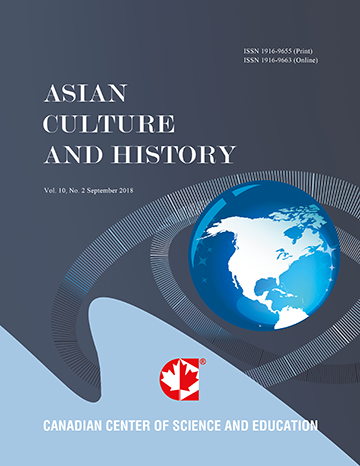Feedback Strategies in Foreign Language Reading Classes
- Omid Tabatabaei
- Azade Banitalebi
Abstract
In today’s schools, reading in an L2 is a very challenging task, and it is impossible to ignore the role of feedback in optimizing reading achievement. The present study was an attempt to investigate the type of both positive and corrective feedback moves utilized by L2 teachers in L2 reading comprehension classes. The study concentrated on six different kinds of corrective feedback, namely, explicit correction, recast, clarification request, metalinguistic feedback, elicitation, and repetition, as well as four positive feedback techniques: acknowledgment, acceptance, rephrasing, and repetition. To this end, 40 participants were selected from a total population of 52 female EFL learners, aged 20-25, from an English language institute in Iran. In order to ensure the homogeneous entry behavior of the participants in terms of proficiency, the Oxford Placement Test (OPT), with reasonable measures of validity and reliability, was used to screen the students. All that happened in reading comprehension classes were audio recorded, transcribed, coded, and analyzed. To ensure about the consistency of the researchers in coding the data, the inter-coder reliability was run using Cronbach’s Alpha. Statistical analysis of the results revealed that repetition was the most frequently provided positive feedback by L2 teachers (53%), followed by rephrasing (27%). Regarding corrective feedback, explicit correction was the most frequent feedback technique and elicitation the second one utilized by L2 teachers (49% & 19%, respectively). The results of Chi-square test showed that there was a significant difference among the frequencies of the feedback types. Hopefully the findings of this research study would help L2 teachers to have a more profound understanding of what goes on in their classes.- Full Text:
 PDF
PDF
- DOI:10.5539/ach.v3n2p59
Journal Metrics
Google-based Impact Factor (2017): 5.42
h-index (January 2018): 11
i10-index (January 2018): 21
h5-index (January 2018): 6
h5-median (January 2018): 9
Index
- Academic Journals Database
- CNKI Scholar
- COPAC
- EconPapers
- Elektronische Zeitschriftenbibliothek (EZB)
- Excellence in Research for Australia (ERA)
- Genamics JournalSeek
- Google Scholar
- Infotrieve
- LOCKSS
- MIAR
- NewJour
- Open J-Gate
- PKP Open Archives Harvester
- Publons
- RePEc
- Scilit
- SHERPA/RoMEO
- Standard Periodical Directory
- Technische Informationsbibliothek (TIB)
- The Keepers Registry
- Universe Digital Library
- WorldCat
Contact
- Ivan YongEditorial Assistant
- ach@ccsenet.org
